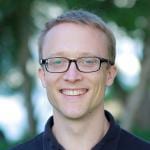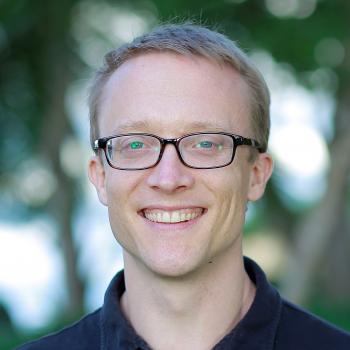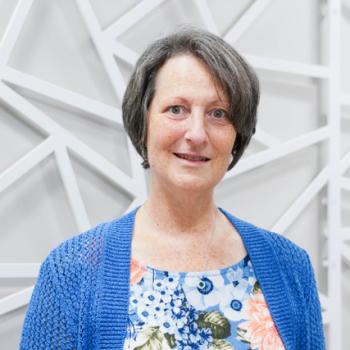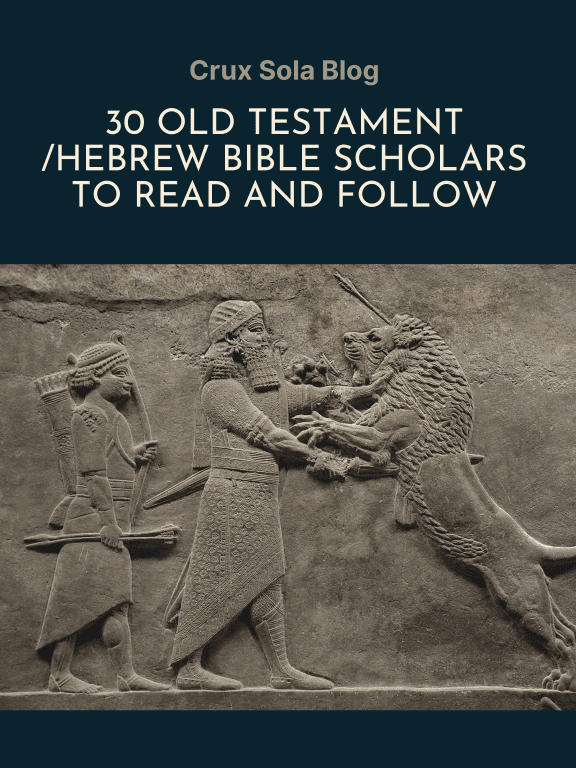
Christopher B. Hays, D. Wilson Moore Professor of Ancient Near Eastern Studies, Fuller Theological Seminary
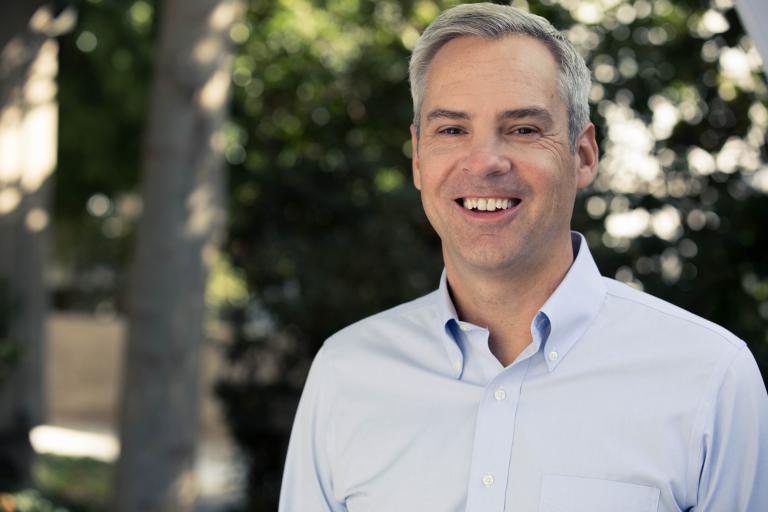
Why do you love teaching and researching about the OT/HB?
The OT/HB includes some of the greatest and most culturally influential literature ever written. But more than that, it’s a challenge—to learn how to use all the tools and sources that you need to do good scholarship. We get to read poetry, decipher cuneiform, and study Egyptian art. It’s never boring. Sometimes I think I should have been a doctor—my mother would have liked that better, and there are a lot more jobs. But then I think: After seeing the 10th case of flu in a day, I’d strangle myself with my stethoscope.
Because of the challenges of the field’s breadth, you also have to cultivate and correspond with your peers in other subfields. One of the hardest things about the pandemic for me has been missing opportunities to build those relationships organically, by bumping into someone at a meeting. Friendships make the field worthwhile.
What is one “big idea” in your scholarship?
One is the importance of context. To put it broadly, if you don’t know where a text came from and who wrote it, you don’t really understand it. In my book Hidden Riches I compare reading the Bible without ANE context to reading Les Miserables without knowing anything about French history, or calling it the greatest novel ever without ever reading other novels.
So that means the dating of texts and their historical and cultural contexts are important. More specifically, detailed analysis of scribal practices has become very important. At times our field gets so into textual and “literary” analysis that they forget that texts emerged from real human beings in real history, and so they forget to even hypothesize about that. In the case of the OT/HB, firm proof often eludes us, but I’d rather see a compelling hypothesis that can’t be proven than none at all.
As a subset of my interest in context, I’ve found that Egyptian context is more important for our understanding of the OT/HB than our guild habits reflect.
Who is one of your academic heroes and why do you admire them?
Certainly all my teachers over the years: David Petersen, Carol Newsom, Brent Strawn, Jim Roberts, Leong Seow, Jacqueline Lapsley, Dennis Olson, Eunny Lee… And I have to confess I’m a bit of a Mark Smith fanboy. Since Elizabeth Bloch-Smith also helped chart my path with her work on death, I keep hoping they’ll adopt me.
But I’d like to honor a couple who are no longer with us: Patrick Miller was one of the main people at Princeton Seminary who inspired me to go down this road; he was such a great lecturer, a bold and comparative theologian, and a kind and welcoming presence. And John Hayes at Emory; he was the most down-to-earth scholar I ever met, and fearless as well. He had a great, dry sense of humor once you got on his wavelength, and he really cared for his students.
What books were formative for you when you were a student?Why were they so important and shaping?
Some huge tomes like The Context of Scripture, Civilizations of the Ancient Near East, and the Anchor Bible Dictionary were touchstones for me—gave me a sense of the scale and shape of the field. But that’s kind of cheating…
As far as monographs, I would single out a couple of subsets, rather than individual books: The conversation about scribal practices that includes David Carr, Karel van der Toorn, etc., was really important, and it’s formed a whole generation of scholars like Seth Sanders, Sara J. Milstein, etc.
I could go on… works on Israelite religion by Frank Cross and his school… but I’ll stop now.
Read Hays’ Work
Hidden Riches: A Sourcebook for the Comparative Study of the Hebrew Bible and Ancient Near East
The Origins of Isaiah 24-27: Josiah’s Festival Scroll for the Fall of Assyria
A Covenant with Death: Death in the Iron Age II and Its Rhetorical Uses in Proto-Isaiah
Follow Hays Online
If you ran into me at SBL, and you didn’t want to talk about OT/HB studies, what would you want to talk about?
I’m a foodie, so at meetings I’m usually interested in talking about where to eat in the city. I also love the outdoors, especially hiking and skiing. And since quarantine I’ve been getting back into tennis; right now the U.S. Open is on and I’ve been watching too much of it.
What is a research/writing project you are working on right now that you are excited about?
My next book project to appear will be entitled God and Guns: The Bible and American Gun Culture, which I’m co-editing with Carly Crouch.
Also in the works is the Cambridge Companion to Isaiah, which I’m aiming at classroom use rather than the reference shelf.
And I’m finishing up the New Oxford Bible Commentary on Isaiah, which has given me a couple of new ideas for articles in addition to the ones already sitting on the back burner! They say academia is pie-eating contest where the prize is more pie.








